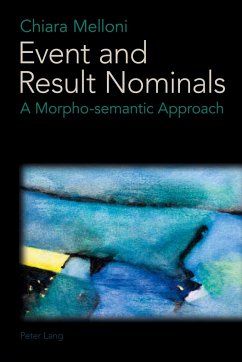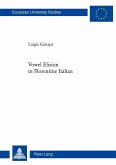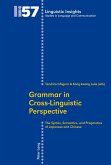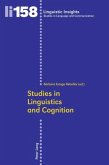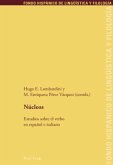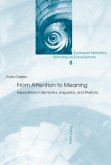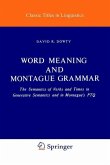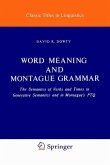The syntax and semantics of deverbal action nominals, notoriously ambiguous between event and result interpretation, have been a thought-provoking issue in many areas of theoretical linguistics. This volume contributes to current work on this topic by showing how the analysis of these nouns can benefit from a morphological and lexical-semantic treatment.
While being a revealing synthesis of a number of formal accounts on this popular research domain, this study specifically targets the largely unexplored area of result nouns and addresses several crucial issues. What are result nouns in a strictly lexical-semantic perspective? Why do some verb classes allow ambiguous event/result nominal correlates, while others do not? What are the relevant verbal features involved in result noun formation? Is there a range of predictability in the number and types of meaning conveyed by a derived nominal?
Couched within a framework of decompositional lexical semantic, the analysis offers original formal solutions to the polysemy issues arising in this word formation domain and convincingly argues in favor of the semantic alignment between the morphologically simplex and complex lexicon. A compelling range of Italian data provides empirical support to the author's claims.
While being a revealing synthesis of a number of formal accounts on this popular research domain, this study specifically targets the largely unexplored area of result nouns and addresses several crucial issues. What are result nouns in a strictly lexical-semantic perspective? Why do some verb classes allow ambiguous event/result nominal correlates, while others do not? What are the relevant verbal features involved in result noun formation? Is there a range of predictability in the number and types of meaning conveyed by a derived nominal?
Couched within a framework of decompositional lexical semantic, the analysis offers original formal solutions to the polysemy issues arising in this word formation domain and convincingly argues in favor of the semantic alignment between the morphologically simplex and complex lexicon. A compelling range of Italian data provides empirical support to the author's claims.

